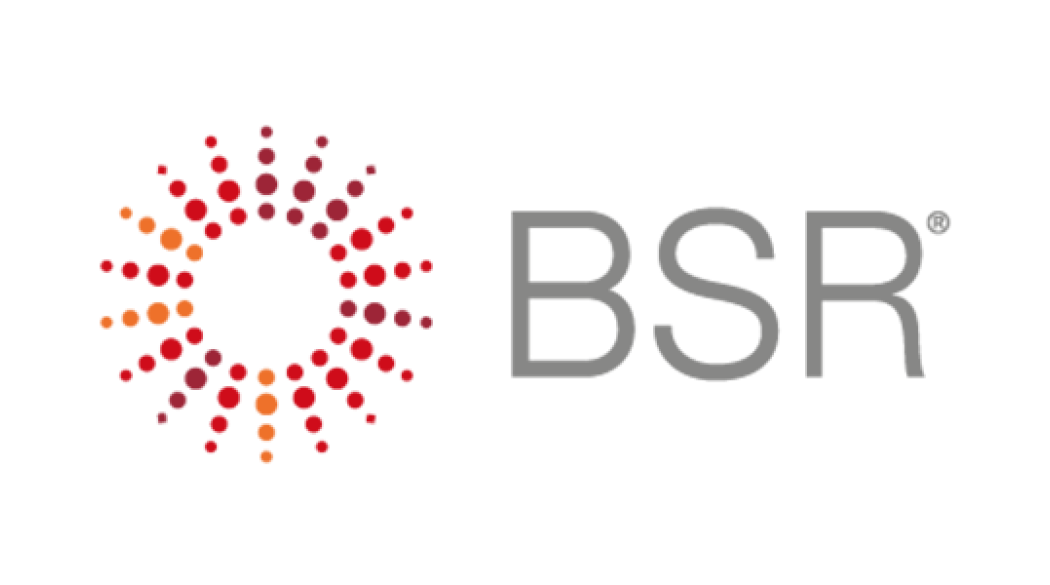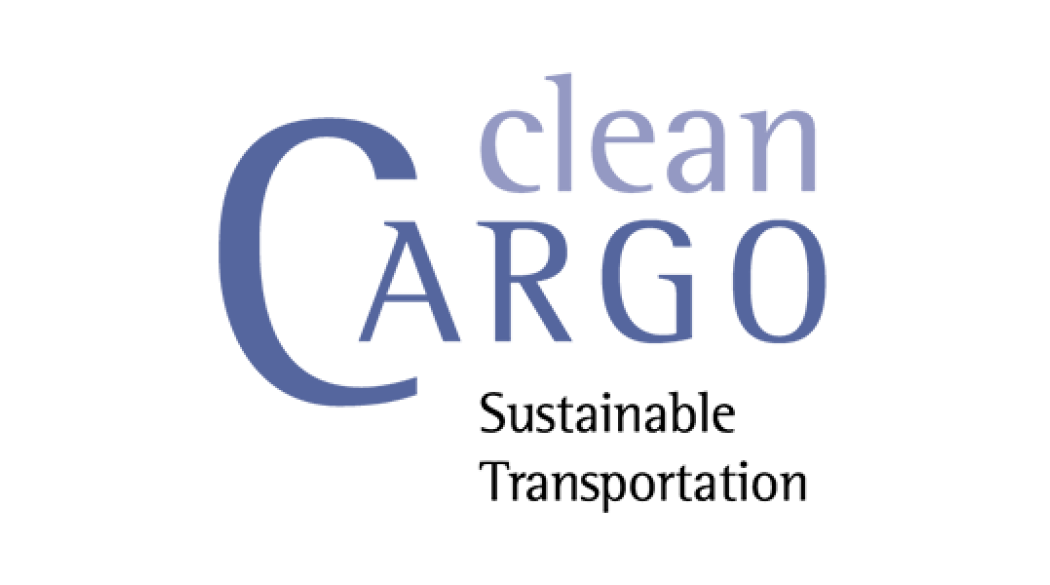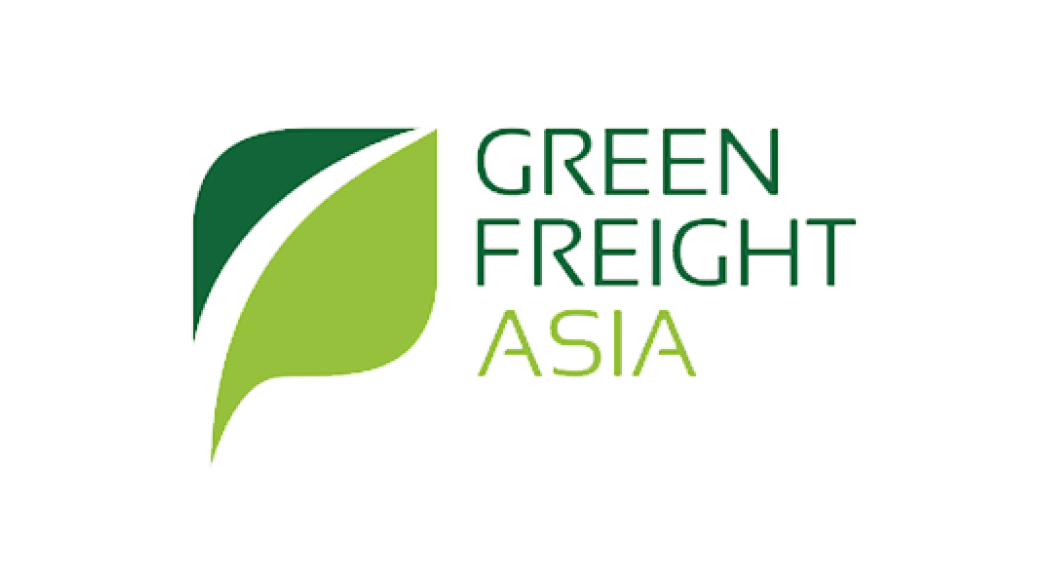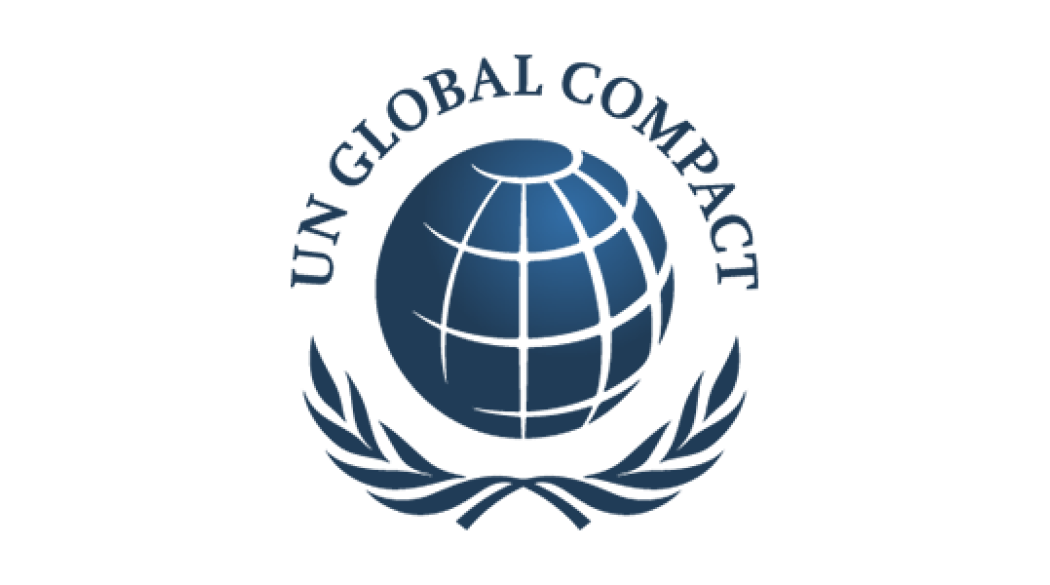
A large part of EFL’s growing sustainability initiative is our commitment to partnering with organizations whose environmental and sustainable goals match our own. These organizations include the United Nations, BSR, Clean Cargo Working Group and more. By partnering with these groups, we are able to better align our goals and work together with other logistics power players to prioritize sustainability and the health of our planet.

The Business for Social Responsibility (BSR) is a global nonprofit organization that works with other businesses to create a just and sustainable world. Its network includes more than 250 member companies and partners dedicated to the cause. EFL has been a member since 2017, and we’ve participated in collaborative initiatives to generate sustainable solutions in the logistics and supply chain industries.

The Clean Cargo Working Group is a business-to-business leadership initiative where major brands, cargo carriers and freight forwarders dedicate time and efforts to reduce the environmental impact of global goods transportation and promote responsible shipping. Since becoming a member in 2017, EFL has adopted Clean Cargo’s globally accepted emission calculation methodology to assess our ocean freight carbon footprint.

Green Freight Asia is a network of Asian road freight companies who work together to improve fuel efficiency, reduce CO2e emissions and lower logistics costs across supply chains. EFL, a member since 2019, continues to implement comprehensive measures across global operations, which aim to reduce fleet emissions.

As a special initiative of the UN Secretary-General, the United Nations Global Compact is a call to companies everywhere to align their operations and strategies with ten universally accepted principles in the areas of human rights, labor, environment and anti-corruption, and to take action in support of UN goals. In 2018, EFL became a member of the UN Global Compact, and since then has integrated the UN Sustainable Development Goals in our strategy.